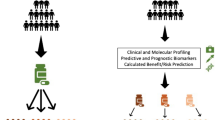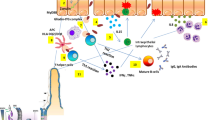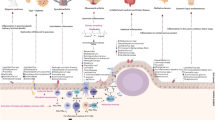Abstract.
TNFα and TNFβ, or linfotoxin (LTα), are two molecules playing an important role in inflammation. Their genes map on Chromosome 6, between the HLA class II and class I loci. Polymorphisms in, or near, TNF genes have been associated with susceptibility to several autoimmune diseases. Studies of TNF genes in celiac disease (CD) have presented contradictory results. We have assessed the role of TNFα and linfotoxin α (TNFβ) in CD and their relative value as CD markers in addition to the presence of DQ2. The TNFA –308 polymorphism and the polymorphism at the first intron of the LTA gene were typed in CD patients and healthy controls and the results were correlated with the presence of DQ2. Significant differences were found in genotype and allele frequencies for the TNFA and LTA genes between CD patients and controls, with an increase in the presence of the TNFA*2 and LTA*1 alleles in CD patients. These differences increase when DQ2-positive CD patients and DQ2-positive controls are compared. In DQ2-positive individuals, allele 2 (A) in position –308 of the promoter of TNFA and allele 1 (G) of the NcoI RFLP in the first intron of LTA are additional risk markers for CD.
Similar content being viewed by others
Author information
Authors and Affiliations
Additional information
Electronic Publication
Rights and permissions
About this article
Cite this article
Garrote, J.A., Arranz, E., Tellería, J.J. et al. TNF α and LT α gene polymorphisms as additional markers of celiac disease susceptibility in a DQ2-positive population. Immunogenetics 54, 551–555 (2002). https://doi.org/10.1007/s00251-002-0498-9
Received:
Revised:
Issue Date:
DOI: https://doi.org/10.1007/s00251-002-0498-9




